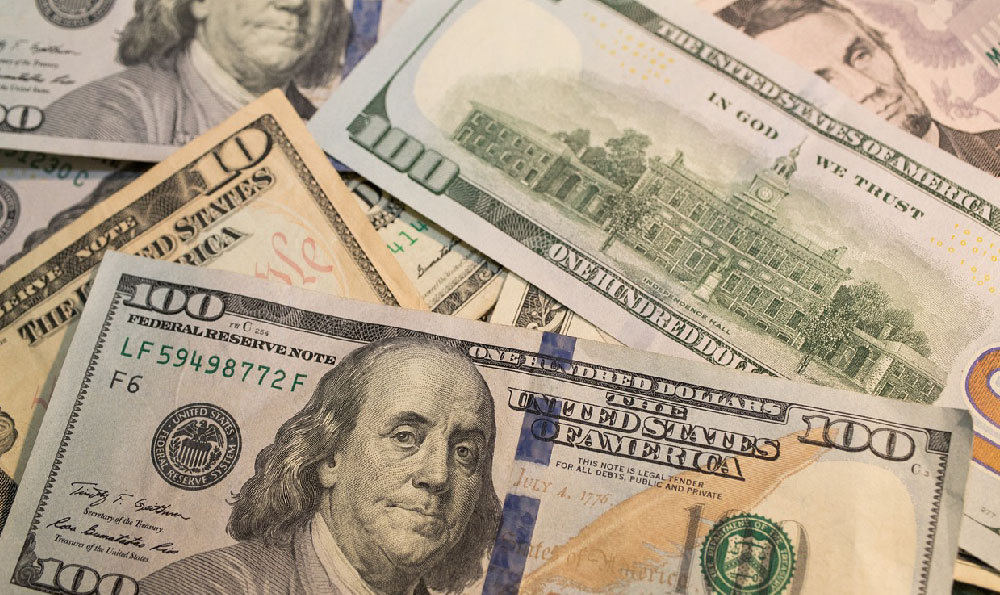Okay, I'm ready. Here's an article based on the provided title, focusing on how music artists can actually make money, written in a comprehensive and detailed manner, without using bullet points or numbered lists, and avoiding the specific phrases and structures mentioned:
Are you pouring your heart and soul into your music, tirelessly crafting melodies and lyrics, yet struggling to translate your passion into a sustainable income? The romantic image of the starving artist is, unfortunately, a reality for many. However, the modern music landscape, while challenging, presents a multitude of avenues for artists to monetize their craft. It requires a shift in mindset, embracing entrepreneurial strategies alongside artistic expression.
One crucial element is understanding the diverse revenue streams available. Royalties, often the first thing that comes to mind, are certainly important, but relying solely on them is a risky proposition, especially in the initial stages of your career. Royalties encompass several types, including performance royalties (paid to songwriters and publishers when your music is performed publicly), mechanical royalties (generated from the reproduction and distribution of your music, whether physical or digital), and synchronization royalties (earned when your music is used in films, television shows, or commercials).

To effectively collect these royalties, registration with Performing Rights Organizations (PROs) like ASCAP, BMI, or SESAC is paramount. These organizations track public performances of your music and distribute royalties accordingly. Similarly, registering with a collection agency that handles mechanical royalties is vital to ensure you receive compensation from streaming platforms and physical sales. Understanding the intricacies of these systems and ensuring proper registration are the fundamental steps to capturing the money your music generates.
Beyond royalties, live performance is a cornerstone of income for many artists. While streaming provides exposure, the connection forged with an audience during a live show is invaluable and directly translates into revenue. Strategic gigging is key. Start by building a local following, playing at smaller venues and open mic nights to hone your craft and connect with other musicians and fans. Gradually progress to larger venues and consider touring regionally or even nationally as your fanbase grows. Don’t underestimate the power of creating a captivating live experience. This involves not only performing well but also crafting a visually appealing stage presence and engaging with the audience between songs. Merchandise sales at live shows also contribute significantly to income. T-shirts, posters, CDs, and other branded items are not only a source of revenue but also serve as walking advertisements for your music.
The digital realm offers countless opportunities to directly connect with your audience and generate income. Building a strong online presence is non-negotiable. This starts with creating a professional website and actively engaging on social media platforms like Instagram, TikTok, and YouTube. Share your music, behind-the-scenes content, and interact with your fans to build a loyal community. Consider using platforms like Patreon or Kickstarter to directly solicit support from your fans in exchange for exclusive content, early access to music, or other perks.
Selling your music directly to fans through platforms like Bandcamp allows you to retain a larger percentage of the revenue compared to streaming services. Offering downloadable tracks, albums, and even physical merchandise directly through your website or online store puts you in control of pricing and distribution. Explore creating exclusive bundles or limited-edition items to incentivize purchases.
Teaching music lessons, either online or in person, can provide a stable and consistent income stream. Leverage your musical skills to offer instruction in your instrument, songwriting, or music production. This can be a fulfilling way to share your knowledge and passion while earning a living.
Licensing your music for use in films, television shows, commercials, and video games is another potentially lucrative avenue. Explore opportunities to license your music to independent filmmakers, content creators, and businesses. There are numerous online platforms that connect artists with potential licensees.
Finally, consider collaborations with other artists. Co-writing, co-producing, or featuring on other artists' tracks can expose your music to a wider audience and open up new revenue streams. Strategic collaborations can be a powerful tool for expanding your reach and building your network.
In essence, making money as a music artist requires a multifaceted approach. It's about combining artistic talent with entrepreneurial savvy, embracing diverse revenue streams, and actively building a loyal fan base. It’s a marathon, not a sprint. Perseverance, adaptability, and a willingness to learn are essential for navigating the ever-evolving music industry and achieving sustainable financial success. Remember to protect your intellectual property through copyright registration and seek professional legal and financial advice as needed. The journey is challenging, but the reward of making a living doing what you love is immeasurable.












